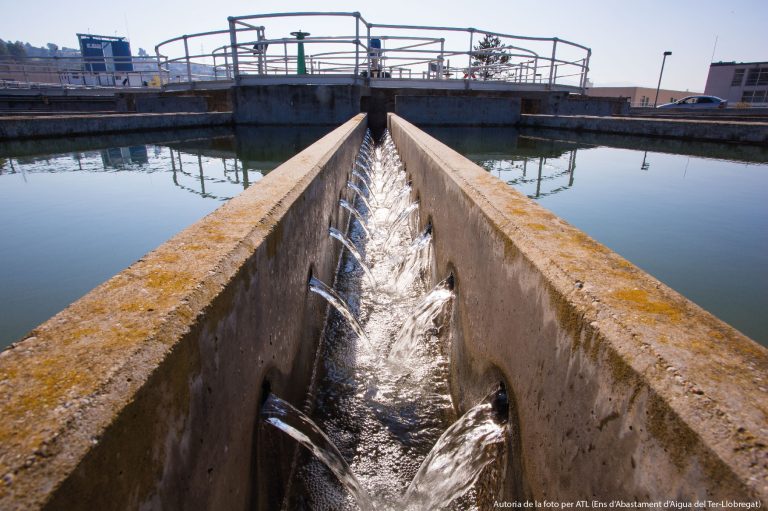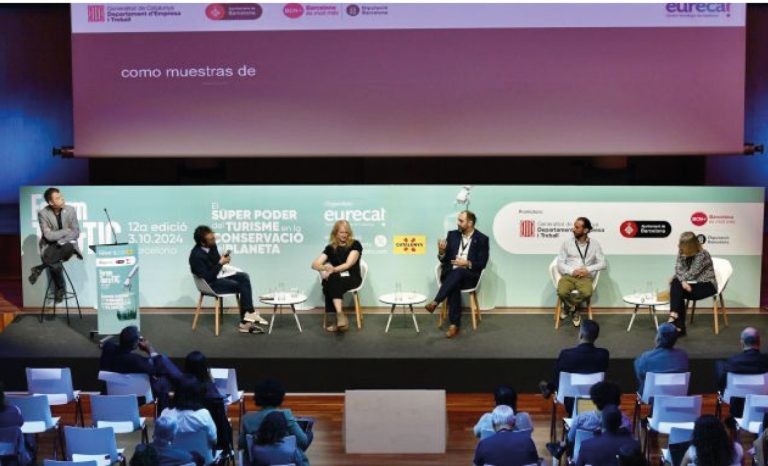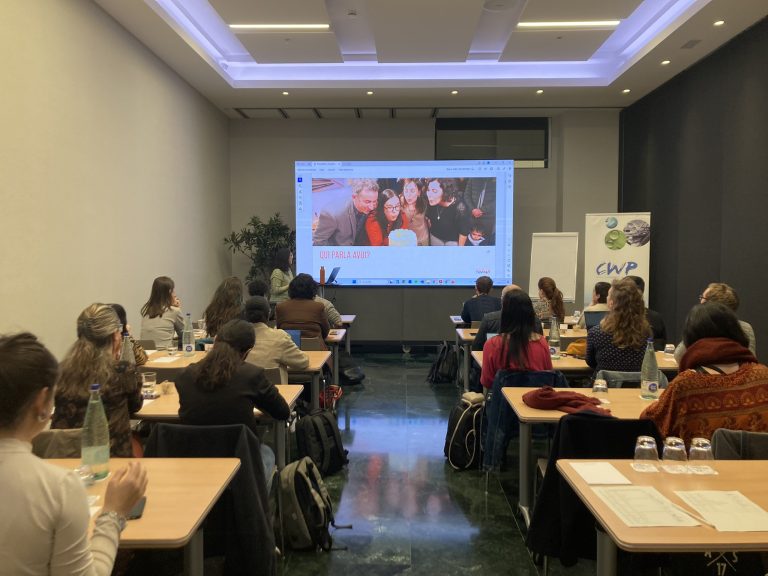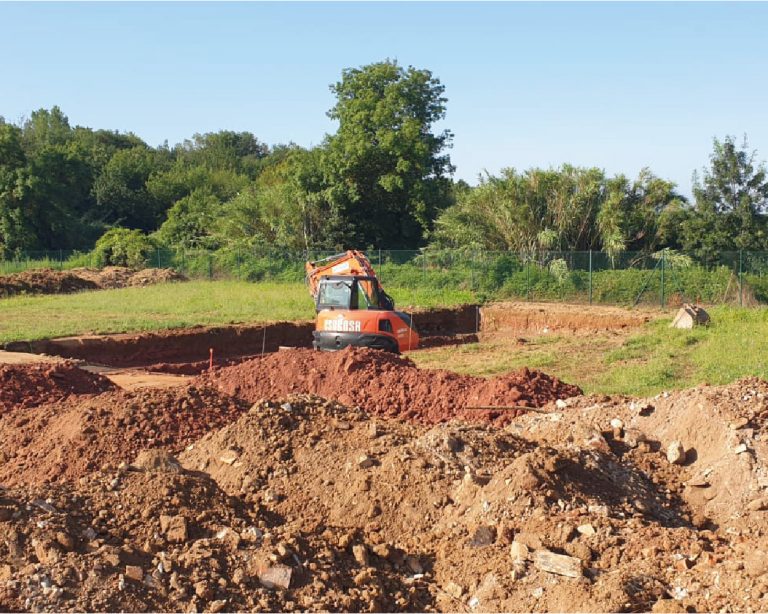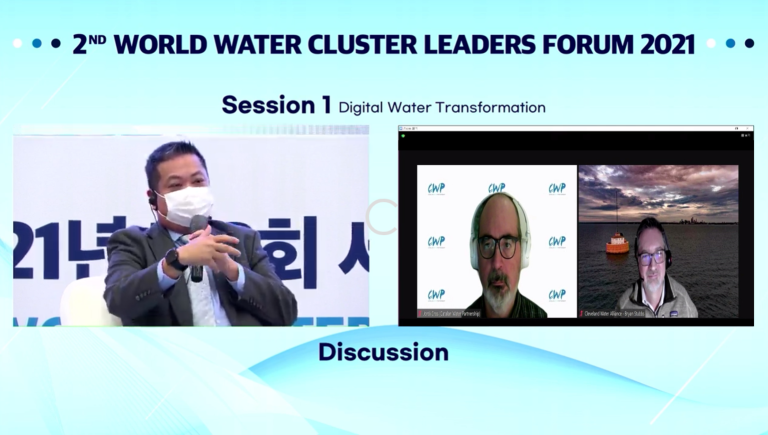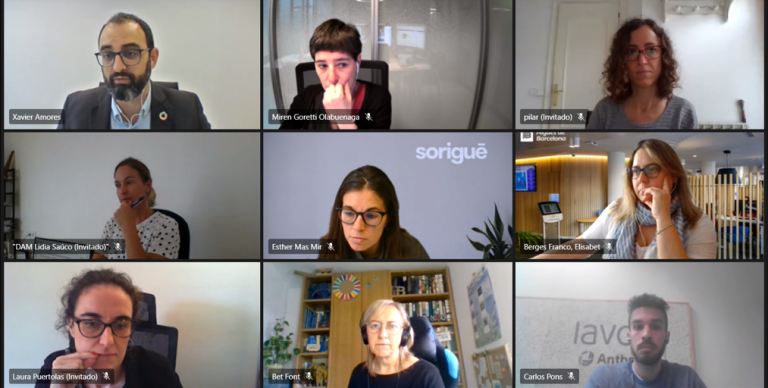The “Water, Vine, and Winery” conference is held to address the challenges of water management in the wine sector.
On Friday, October 25, the conference “Water, Vine, and Winery: from Collection to Efficiency” was held at the Ágora Center in Vilafranca del Penedès. Organized by INNOVI (the wine cluster), the AVC (Catalan Wine Association), and the Catalan Water Partnership (CWP), the conference aimed to share the outcomes of various projects addressing the challenges of sustainable water management in the wine sector, which is particularly affected by drought and climate change.
In 2024, three key projects have been undertaken to address efficient water use: exploring alternative sources such as reclaimed water for vineyard irrigation, capturing stormwater runoff through reservoirs, and implementing technological solutions to optimize water use in wineries, the latter being part of the ViWaTec project.
The day began with a welcome address by Mireia Torres, president of INNOVI and vice-president of the AVC, who emphasized the importance of technological innovation in water management. Following this, Eloi Montcada, cluster manager at INNOVI, presented the current state of the wine sector in relation to water availability, highlighting the importance of collaboration between sectors to address present challenges, particularly to ensure sufficient water for vineyard irrigation.
In the second session, efficient solutions for water collection and management in vineyards and wineries were presented through various collaborative projects involving the three organizations.
First, Lluís Baldi, director of CIM Aigua, presented the Operational Groups project for the use of reclaimed water in rainfed vineyards, highlighting potential technologies and recent regulatory changes with the publication in the Official State Gazette of Royal Decree 1085/2024, dated October 22, which approves the European Regulation on water reuse and modifies several royal decrees regulating water management.

Following this, the results of the Operational Groups project were showcased, focusing on the collection of stormwater runoff using reservoirs in natural environments for rainfed woody crops. Narcís Pi, project manager and client lead at ABM Consulting, delivered the presentation “Rainwater Reservoirs: How Should We Proceed?” where he shared details from the project’s technical guide.

To conclude the session, the results of the ViWaTec project were presented, highlighting the Catalog of Services and Technologies and the Good Practice Guide for Water Conservation in Wineries. Coordinated by the CWP, with contributions from ABM, CIM Aigua, Dr. Canicio, Geoservei, INNOVI, the AVC, and three wineries, the project focused on implementing innovative technologies and strategies to enhance water efficiency in wineries. The presentation was delivered by Aina Amegual, R&D project manager at CWP, Ruth Canicio, director of Dr. Canicio Consulting Chemist, and Joan Solà, director of Geoservei Projectes i Gestió Ambiental.



In the final session, several wineries shared their success stories in water management. Participants included Núria Mallen, Environmental Manager at Familia Torres; David Piqué, winemaker at Gramona; and Jordi Ventura, Environmental Manager at Recaredo. The conference concluded with a presentation by Elisabet Perna, viticulture technician at INCAVI, who discussed practical cases of water efficiency for survival irrigation.
With over 65 attendees, the event brought together experts, wineries, and water sector professionals to explore innovations in water collection, treatment, and reuse within the wine industry, fostering a space for dialogue and exchange to ensure more sustainable water management.

